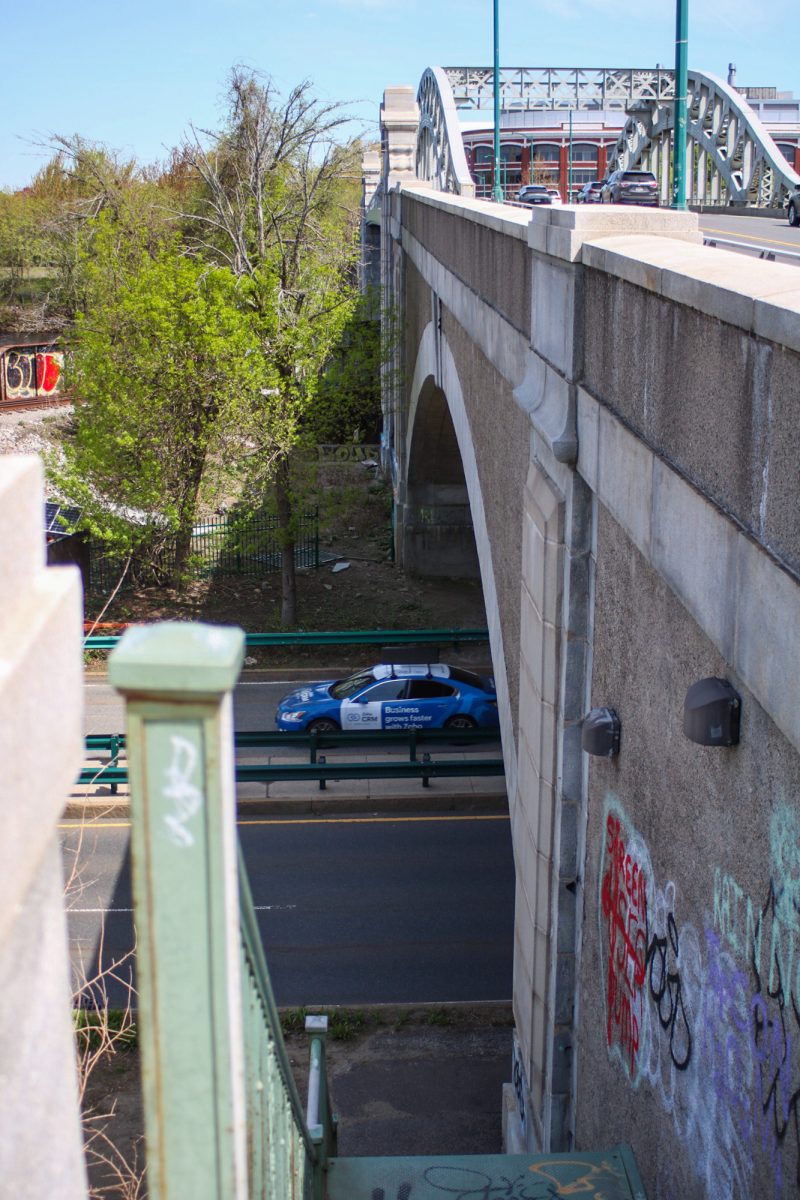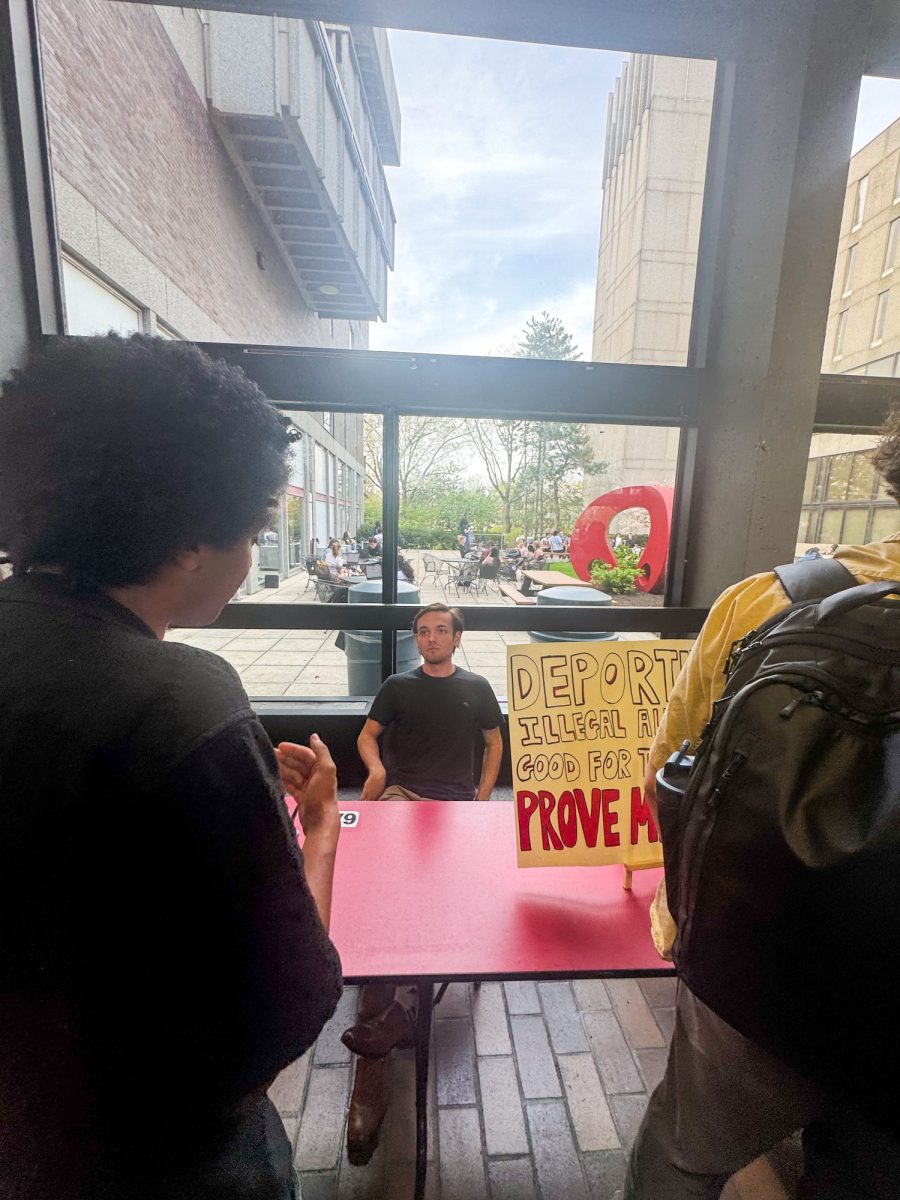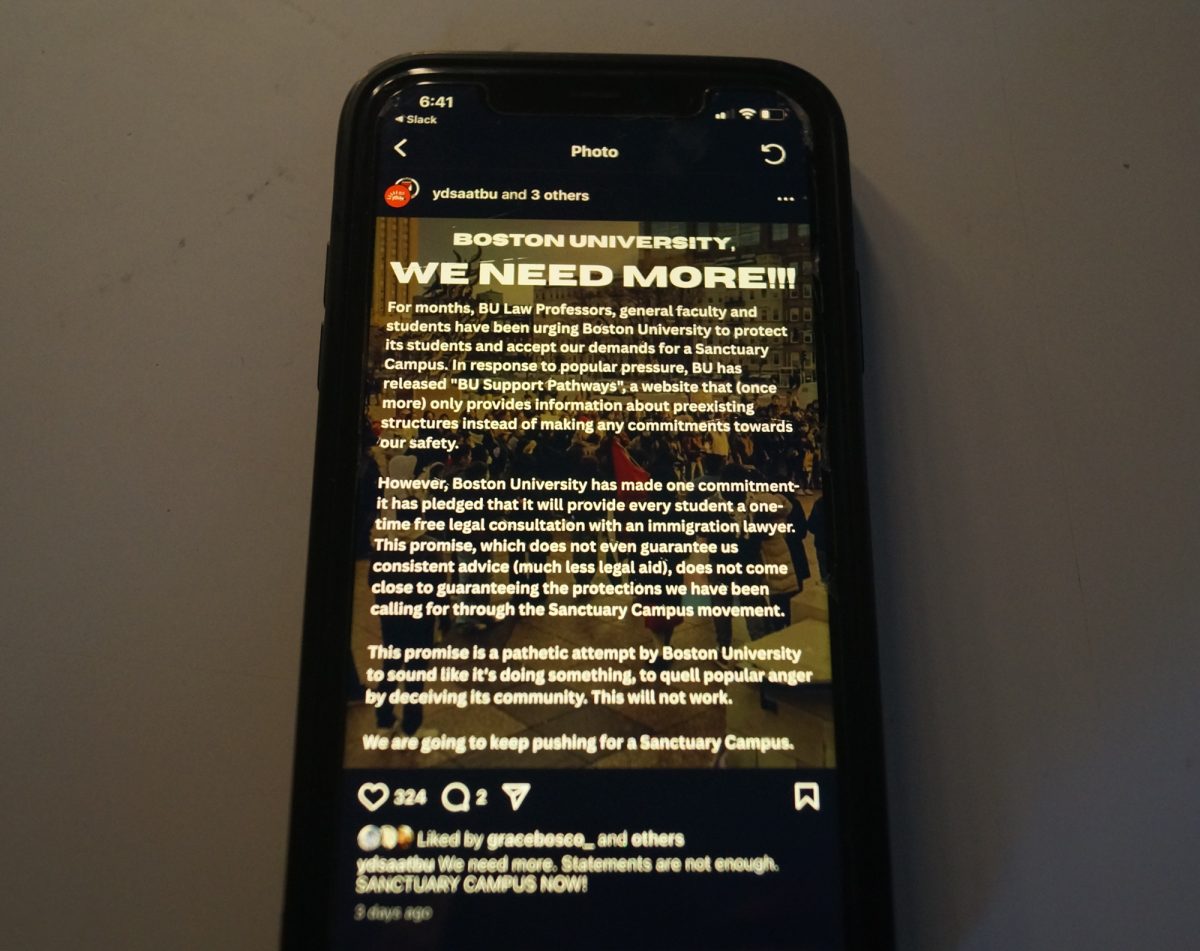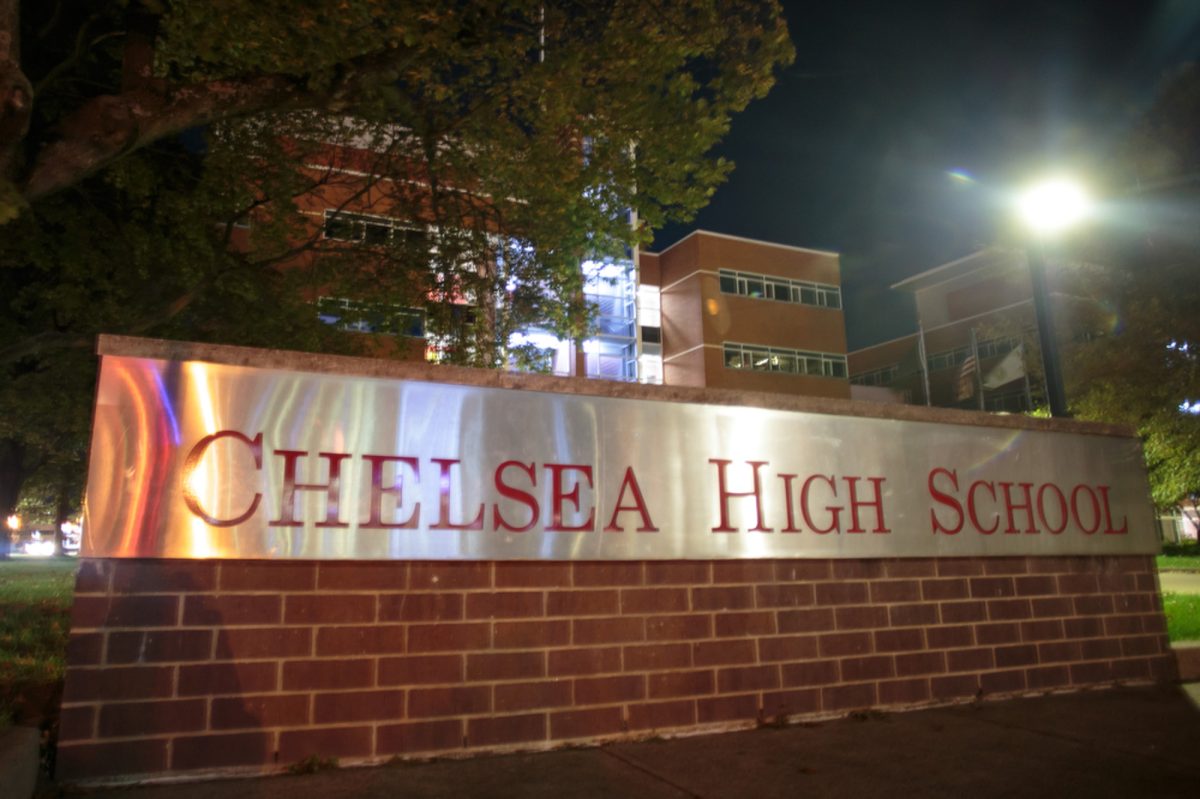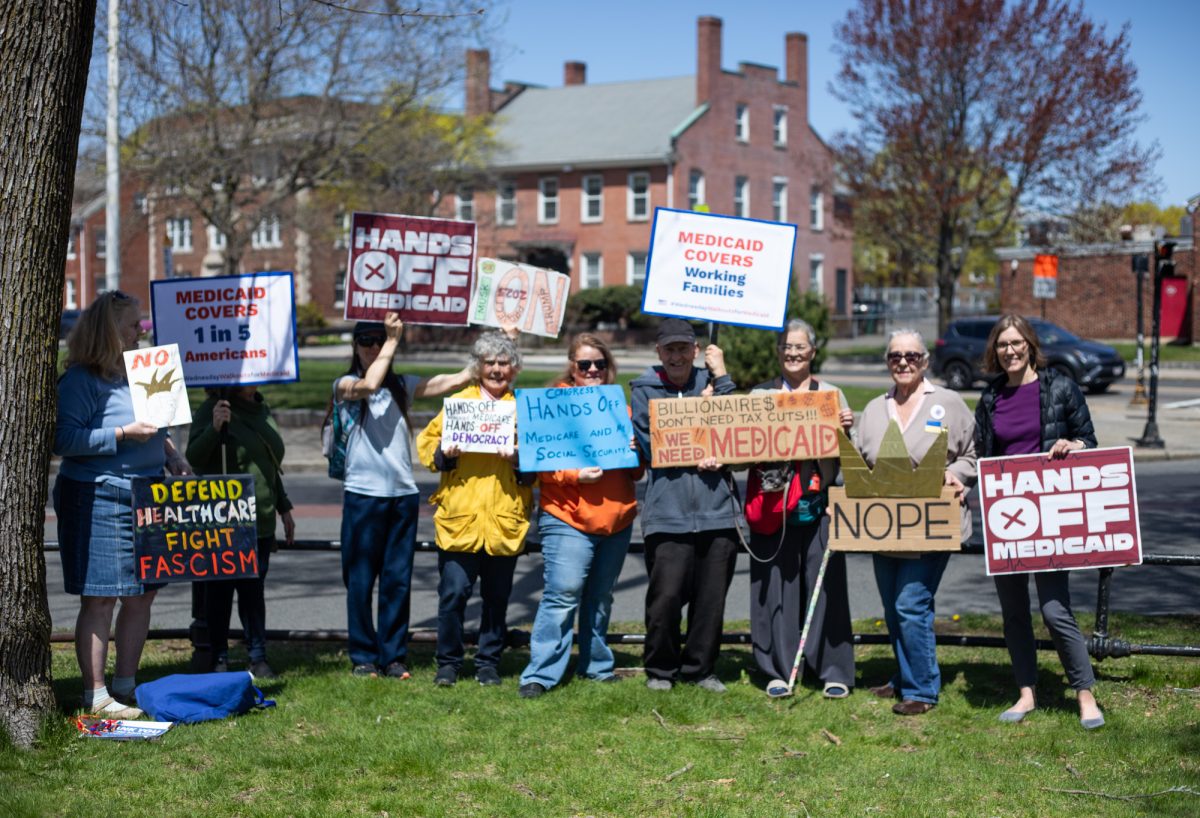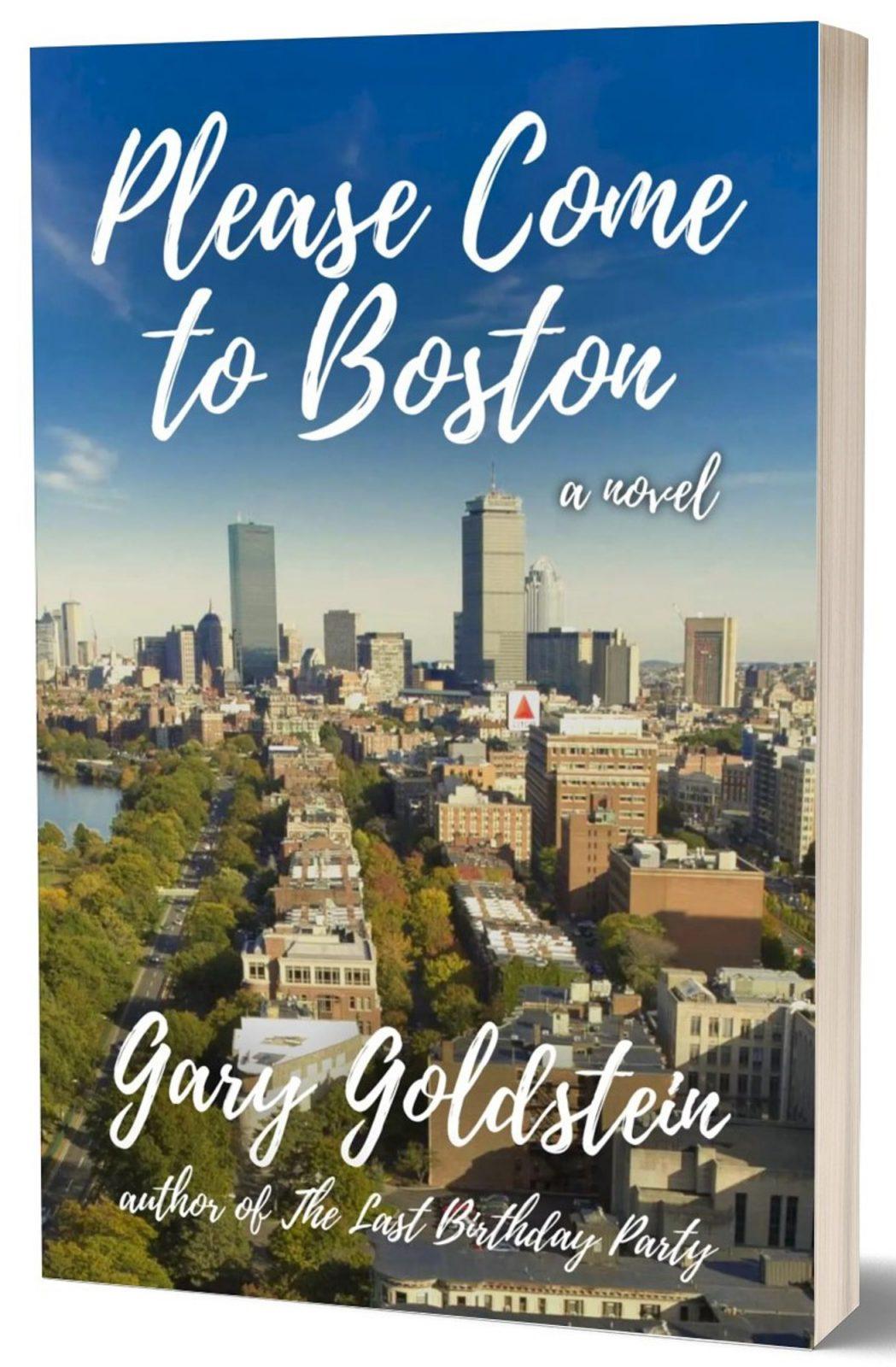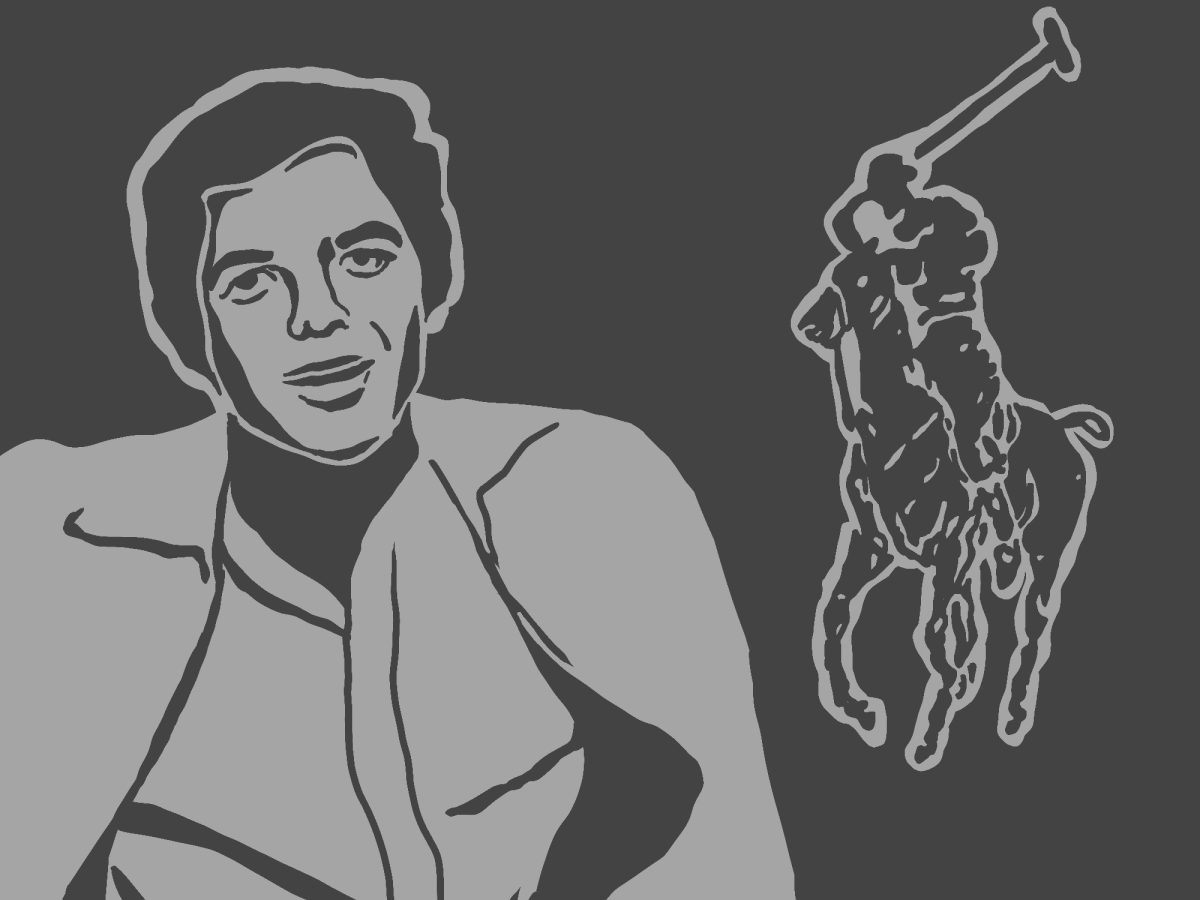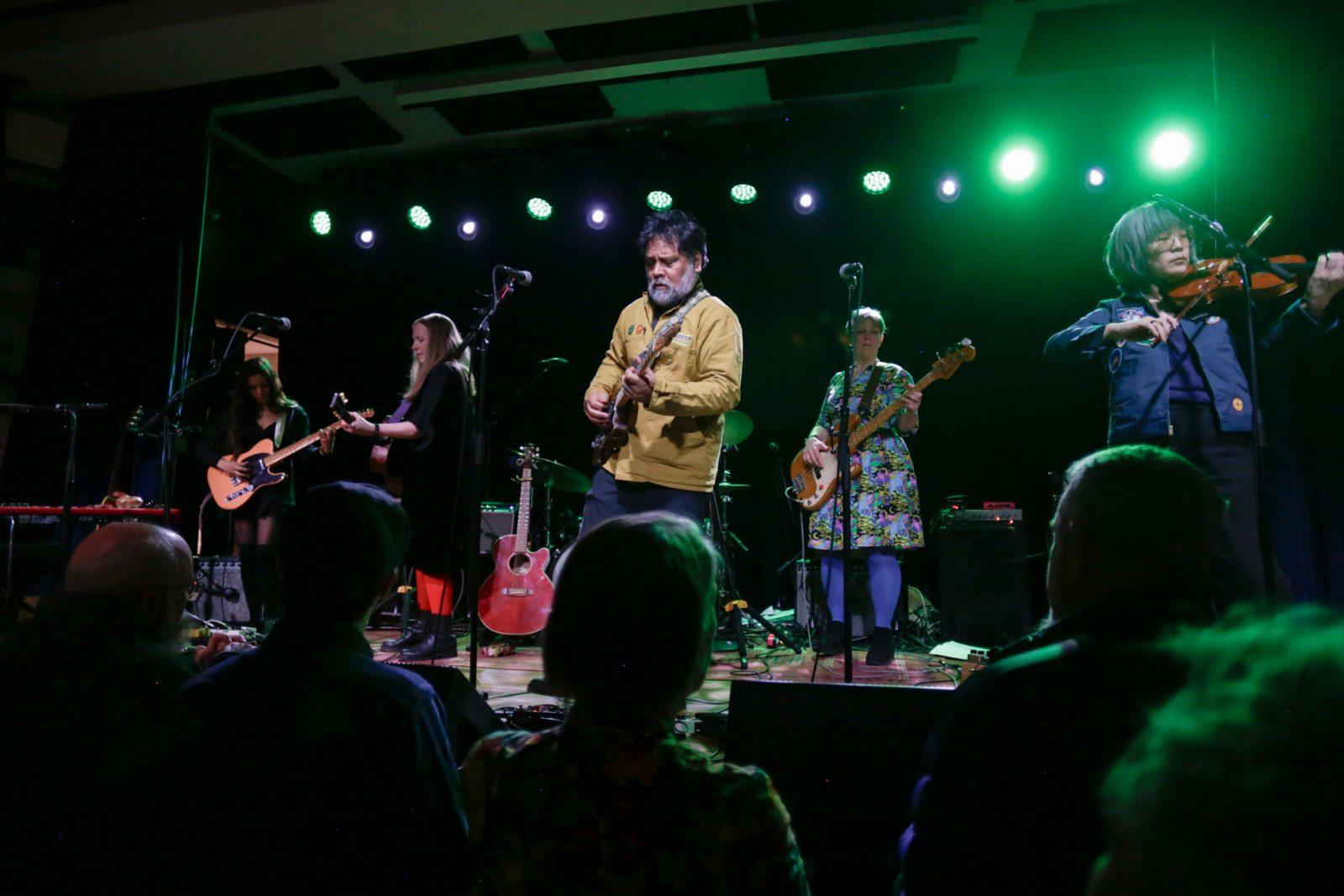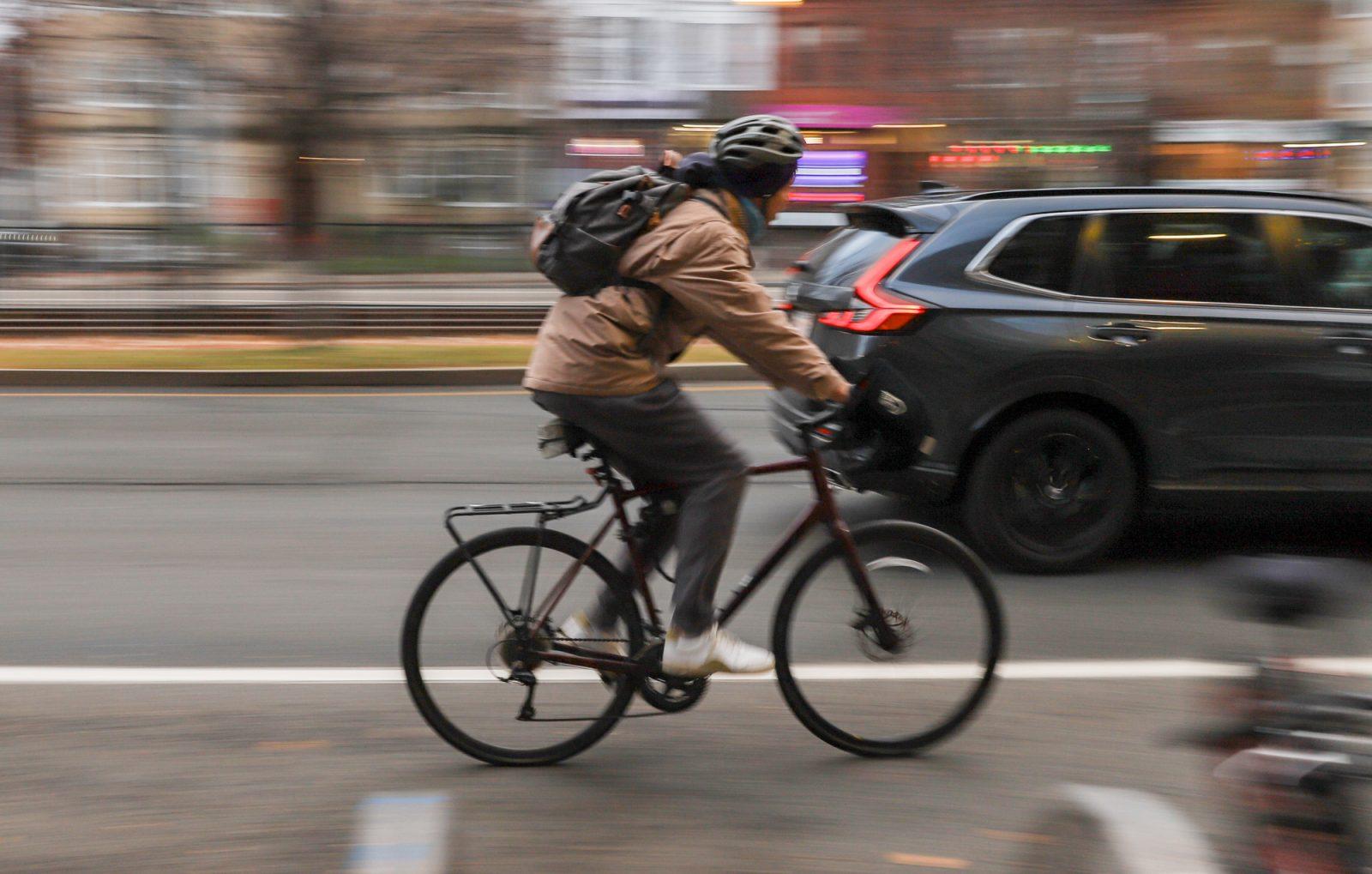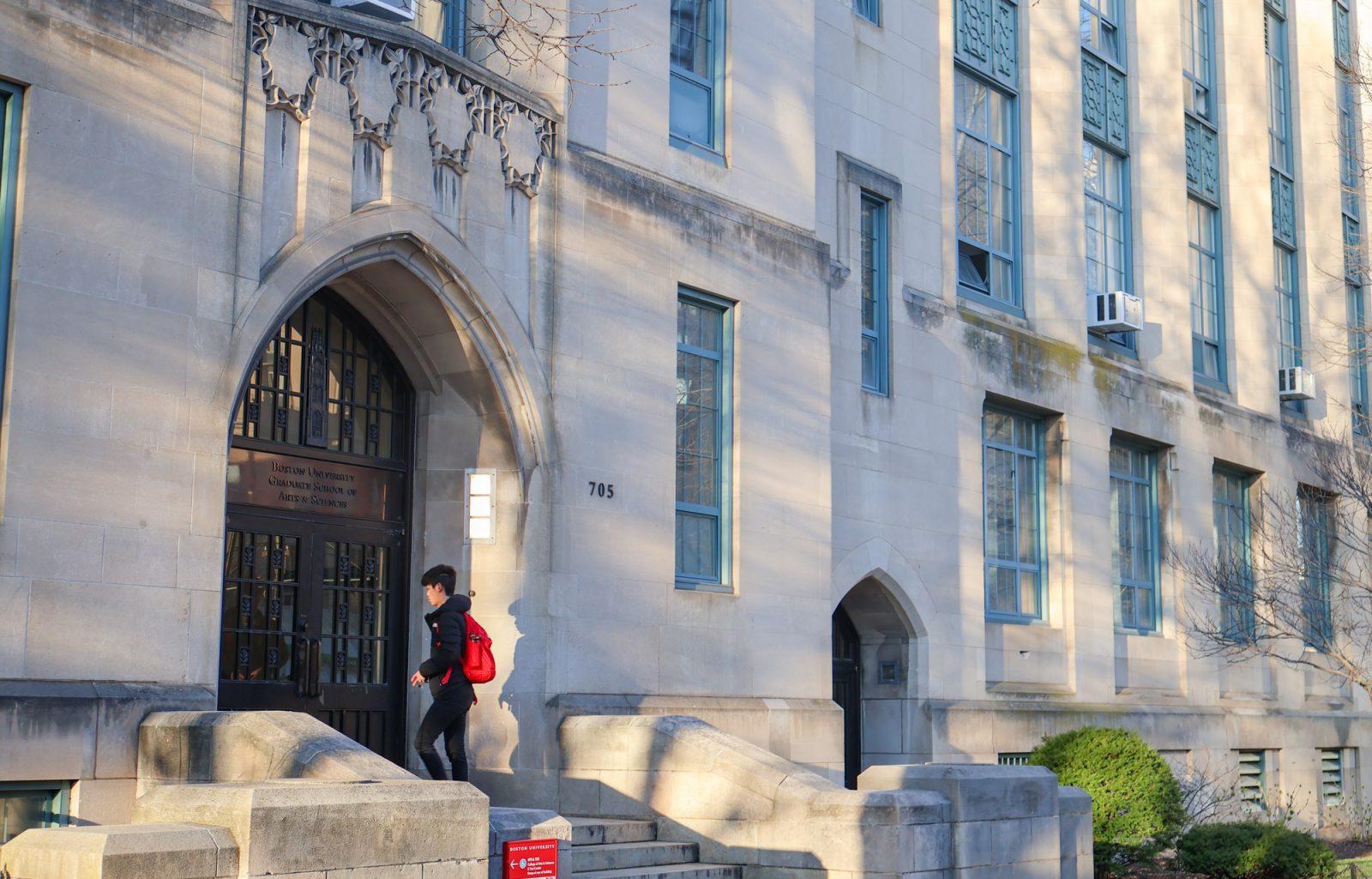Keeping abandoned and broken cars on private property is now a punishable offense in Boston under a new ordinance passed unanimously by the Boston City Council yesterday.
The Council passed the ordinance to clarify an old law that simply made keeping an abandoned vehicle on personal property illegal. Councilors Robert Consalvo (Hyde Park, Roslindale) and Maureen Feeney (Harbor Island, Dorchester) introduced the proposal — which fines the violating party $300 and allows them seven days to remove the vehicle before receiving a second fine.
Consalvo and Feeney said they presented the measure because they receive multiple phone calls a day from concerned residents. The councilors added that they are worried about the health effects of having old and decaying cars in Boston.
“They’re leaking oil and leaking transmission fluid,” Consalvo said. “In many cases there are rodents and animals who now find homes in these. It’s the neighborhoods that surround these vehicles that have to deal with the problem.”
Consalvo added that the majority of complaints stem from residential owners whose neighbors have one, two and sometimes up to nine abandoned cars in their yards.
“[These people] didn’t buy their homes to live next to junk,” he said.
Consalvo recognized that residential property owners might have children in college, and wish to take the extra car off the road temporarily. For this reason, the new ordinance allows residents one abandoned car on their property.
Both councilors stressed the proposal is not a new law and that it has been in place since 1975. The current law makes it illegal to keep abandoned cars on residential property but provides no consequences for violators.
Feeney said the purpose of this new ordinance is to clarify the law and creates guidelines that would ensure removal of the vehicles.
“I received a call from a woman who had six vehicles beside her — one was even a tractor,” she said. “Aside from the visual affect, contaminants are leaking into the soil, contaminating the water supply.”
However, other councilors were concerned the new law would be an illegal invasion of private property. Feeney responded by saying inspectors cannot wander onto private land looking for abandoned vehicles.
The proposal was met with sharp criticism from Councilors Chuck Turner (Dorchester, Roxbury) and Charles Yancey (Dorchester, Mattapan). Both were concerned that people of moderate income have difficulty affording the living expenses in Boston already and that adding a $300 fine would overburden them.
Turner voiced his concerned that once the new law went into effect, Boston residents would be unaware of it until an inspector showed up at their doors to issue the first fine.
Their opposition prompted such intense debate that a recess had to be called in an effort to reach a compromise. The council evidently agreed to push back the date the law would go into effect and extend the period residents have to remove the car from seven days to 10, beginning Jan. 1.
“Ultimately, what counts is that it passed unanimously,” Consalvo told The Daily Free Press after the meeting.
“We were able to make small concessions to make them feel more comfortable in supporting it,” he said. “They indicated throughout the entire debate they supported the concept of it.”
But Consalvo said there were some concessions that he could not agree to.
“Councilor Yancey wanted a 30-day grace period and that was unacceptable to me,” Consalvo said. “They also wanted the fines limited to $600. And there are people out there who would say $600 is an expectable fee to keep those cars on their property.”




